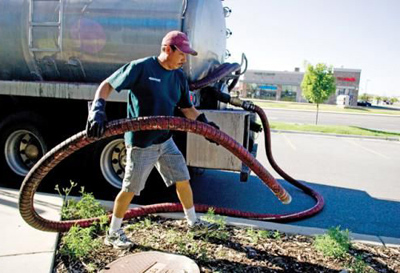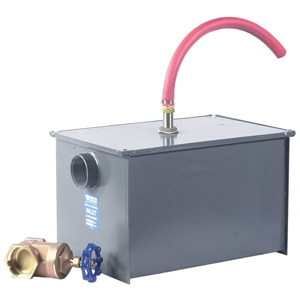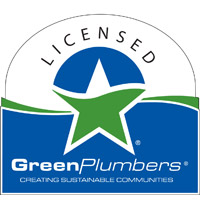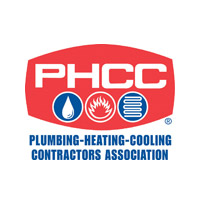
 If you own or operate a restaurant in Hialeah, then you need to have a grease trap. You also need to know what to do to maintain the health of your grease trap, how to spot signs of a broken or malfunctioning grease trap, and who to call when any problems occur. If you're looking for a plumber in Hialeah to help you out, then we are the team for you. We've been maintaining grease traps for years, so we know the ins and outs of your system. Call us for a Hialeah grease trap cleaning today!
If you own or operate a restaurant in Hialeah, then you need to have a grease trap. You also need to know what to do to maintain the health of your grease trap, how to spot signs of a broken or malfunctioning grease trap, and who to call when any problems occur. If you're looking for a plumber in Hialeah to help you out, then we are the team for you. We've been maintaining grease traps for years, so we know the ins and outs of your system. Call us for a Hialeah grease trap cleaning today!
A grease trap does precisely what its name says – it traps grease. How it does this, though, is slightly more complicated. As water and food wastes entire the grease trap, the heavier food scraps sink to the bottom, oils (such as grease) float to the top, and the water stays right in the middle, therefore effectively separating the things that can flow into your septic line (water) from those that cannot (oils and food particles). You can imagine that a fast-paced restaurant would quickly begin to fill up its grease trap with foodstuffs. If you use a passive grease trap or a gravity interceptor, the toxic brown grease in your trap must be collected and disposed of by a licensed professional.
 A grease trap is critical when it comes to operating a restaurant business, which produces high volumes of grease and other obnoxious liquids. Depending on the size of your grease trap and the amount of use it sees, you'll need to adjust the frequency in which you have your grease trap serviced and cleaned.
A grease trap is critical when it comes to operating a restaurant business, which produces high volumes of grease and other obnoxious liquids. Depending on the size of your grease trap and the amount of use it sees, you'll need to adjust the frequency in which you have your grease trap serviced and cleaned.
However, on average, it is recommended that you have your Hialeah grease trap cleaned and pumped monthly, even if the grease trap is not completely full. In fact, the trap need only be 25% full in order to require pumping – anything more than that and the trap will not function properly, resulting in grease entering your septic line.


